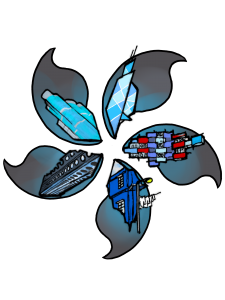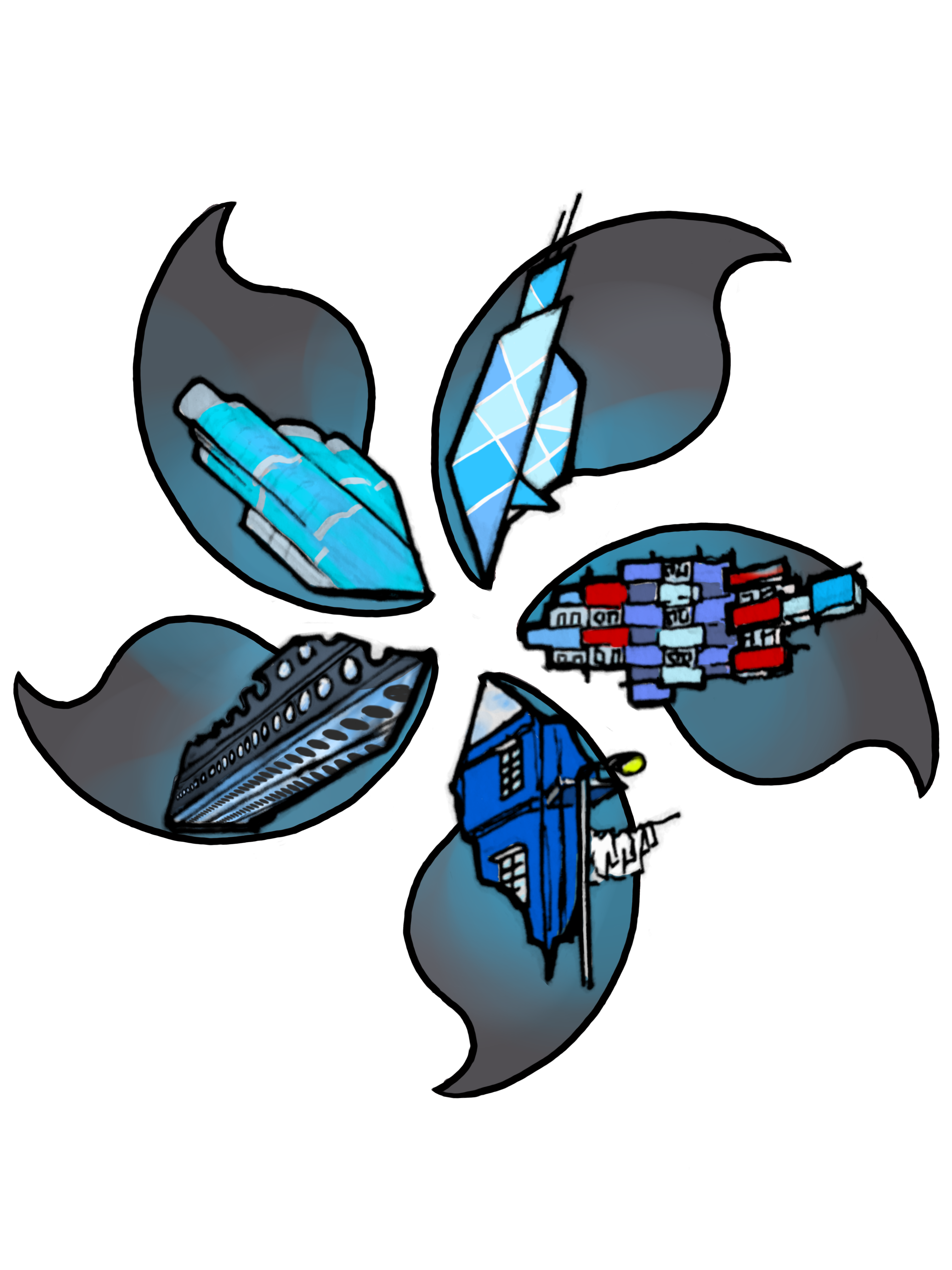Alex Wong
Alex Wong
Education Manager, One Planet Youth, WWF-HK
 Alex Wong has worked for WWF since 2002, with a brief hiatus to obtain a Masters degree in Sociology before his return in 2015. He has also worked for Ocean Park in their education program. Now serving as the Education Manager for the One Planet Youth program, Alex works directly with students, educators, and schools to promote environmental education and outreach. Additionally, he works with members of the Conservation Team and researchers to develop and maintain engaging programs at WWF sites throughout Hong Kong.
Alex Wong has worked for WWF since 2002, with a brief hiatus to obtain a Masters degree in Sociology before his return in 2015. He has also worked for Ocean Park in their education program. Now serving as the Education Manager for the One Planet Youth program, Alex works directly with students, educators, and schools to promote environmental education and outreach. Additionally, he works with members of the Conservation Team and researchers to develop and maintain engaging programs at WWF sites throughout Hong Kong.
“I think the most unique feature of WWF-HK is that all our environmental conservation and education programs are ‘based on science.’ Through scientific research, we realize the world, the nature, is facing a problematic time, yet these problems are resolvable. Therefore, we hope to get objective data and then to inform the citizens that our nature is already at risk, and we should be alarmed…”
Alex Wong Transcription
“I think science can tell us what the real situations are, what is happening right now, and because we have scientifically proven data, citizens tend to trust what we said. Scientists are trying to find the answers, the facts, and our educational department attempts to inform the public, to all walks of life, that every single thing we do…”
Alex Wong Transcription
“Because environmental education and conservation is indeed very difficult everywhere; it’s even more difficult for Hong Kong and Singapore. Why? As many people say Hong Kong is a ‘concrete jungle,’ and that it’s just buildings everywhere and the same for Singapore; it’s so dense. Hence, people forget that 40% of the land is actually national parks. As such an ‘urbanized’ place…”
Alex Wong Transcription
“The major ‘challenge’ I have is youth today always see and understand the world through their cell phones. Without leaving their homes, they can almost get every information available. So when we really want them to ‘connect with nature,’ we must offer very extraordinary experience to entice them; otherwise they are not interested, and gradually distance themselves from nature and others…”
